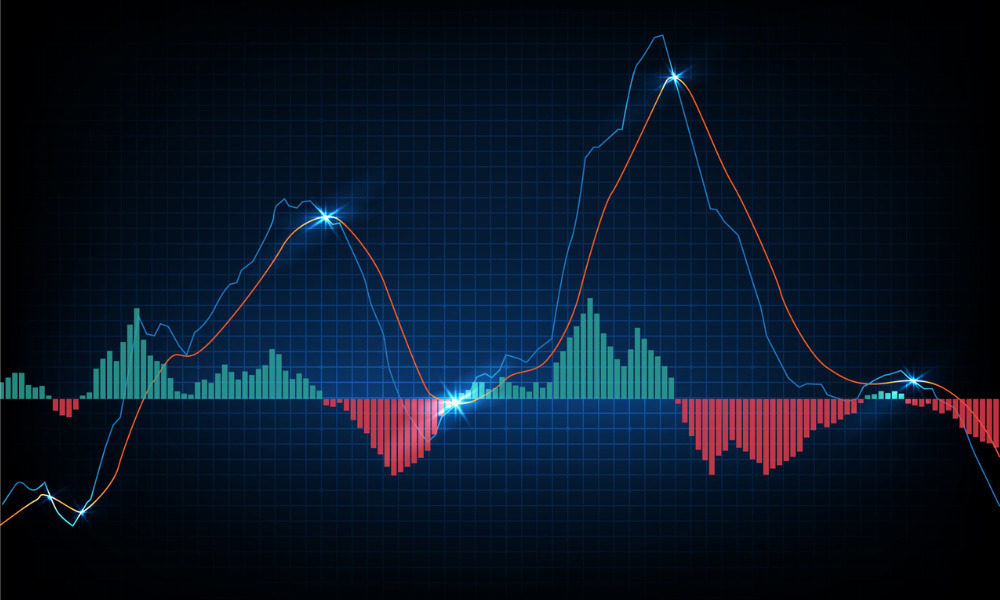Quarterly survey indicates bullish mindset in spite of volatility and recession concerns

Last week, economist David Rosenberg warned that the rally that’s encompassed all assets from equities and bonds to gold and commodities represent a “financial bubble of epic proportions.” And as a new survey reveals, he’s not alone in holding that view.
In its most recent quarterly tracking study of experienced self-directed investors in the U.S., conducted from January 1 to 7, E*TRADE found two thirds of investors (66%) believe that the market is fully or somewhat in bubble territory.
Three in five investors (50%) anticipate an increase in volatility during the first quarter of 2020, and a third (32%) identified recession as their top portfolio risk, followed by the pandemic (30%). The proportion of those concerned regarding the new U.S. presidential administration came down significantly, declining 19 percentage points relative to the prior quarter to settle at 25%.
Despite the pessimistic indicators, more than half of investors surveyed (57%) remained bullish on the U.S. financial market, edging up five percentage points since last quarter.
“Investors see that unprecedented fiscal stimulus, the Fed’s easy monetary policy, the vaccine rollout, and relatively healthy earnings are all positives for the market,” said Mike Loewengart, Managing Director of Investment Strategy at E*TRADE Financial. “Yet at the same time there is awareness that some, if not all, of these factors may already be priced in, and market corrections are a matter of when, not if.”
The survey also took investors’ pulse on where they saw sector opportunities for the first quarter of this year. Health care retained its top-spot status among investors, with 59% sharing high hopes that successful mass vaccination efforts would imbue it with additional strength. Interest in the tech sector was also robust at 46% as stay-at-home orders return and corporate America drags its feet on a return to the workplace.
The energy sector took the third spot with 30%, displacing consumer staples from the previous quarter. While stalled reopenings around the globe don’t bode well for oil prices, investors likely see opportunities from undervalued energy names that they expect would eventually rebound.
“Kicking off the new year, it’s a good practice to reassess financial goals and take a pulse check on your comfort level with risk,” Loewengart said.



